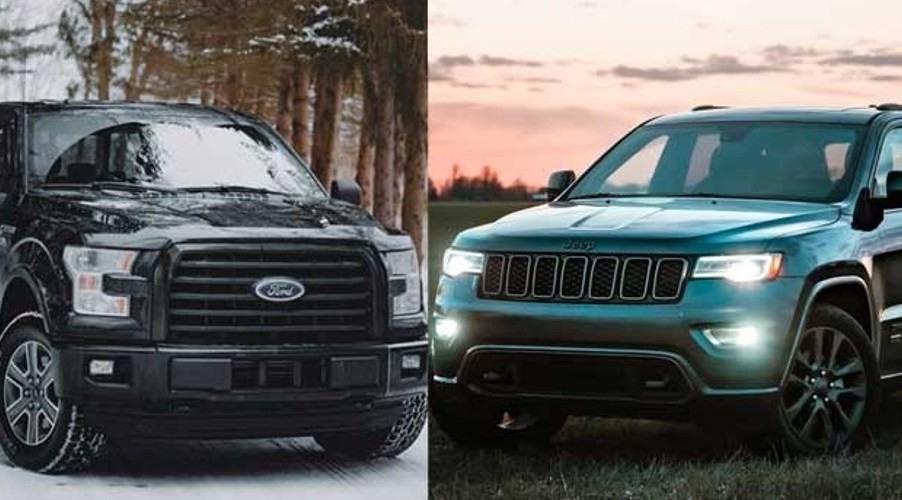
Should You Drive a Pickup Truck or an SUV?
You can stomp your foot all you want and act like you’re a two-year-old child in a grocery store when parents won’t buy their favorite cereal, but your lifestyle might dictate whether you should buy a truck or an SUV. When you take the desires and emotions out of the equation, you’ll find the right type of vehicle for your driving needs. It could be a pickup truck, but it could also be an SUV. Let’s find out.
What are some pros and cons of owning a pickup truck?
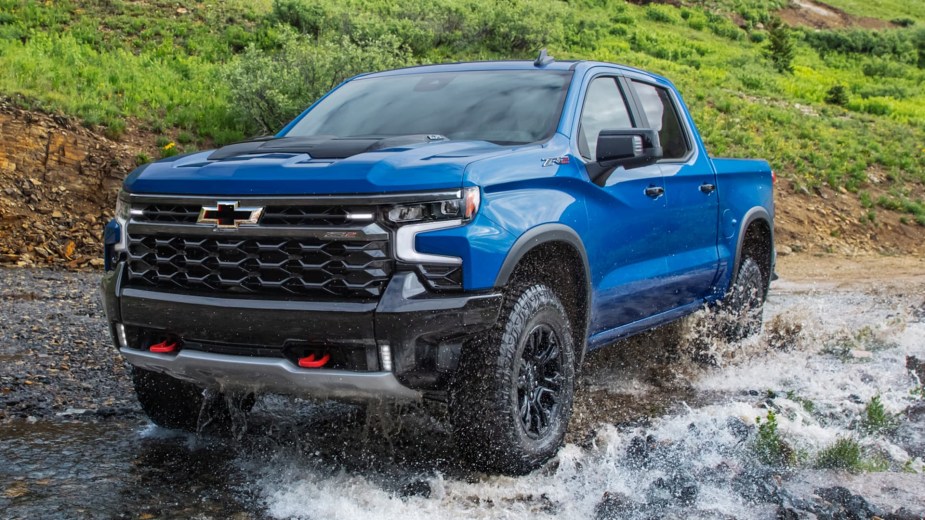
Pro: Better towing performance
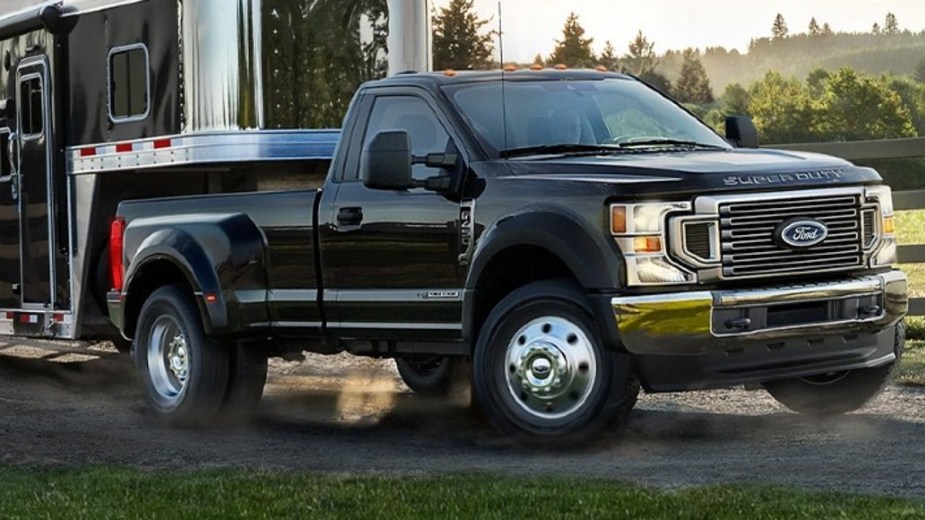
Try as they might, SUVs cannot tow as much as pickup trucks in the same class. J. D. Power tells us that, even when equipped with towing packages, SUVs don’t stand a chance. When you look at large heavy-duty trucks, towing can reach up to 37,000 pounds for a Ford F-350 with the Power Stroke diesel engine and a fifth-wheel hookup.
Con: Poor fuel economy
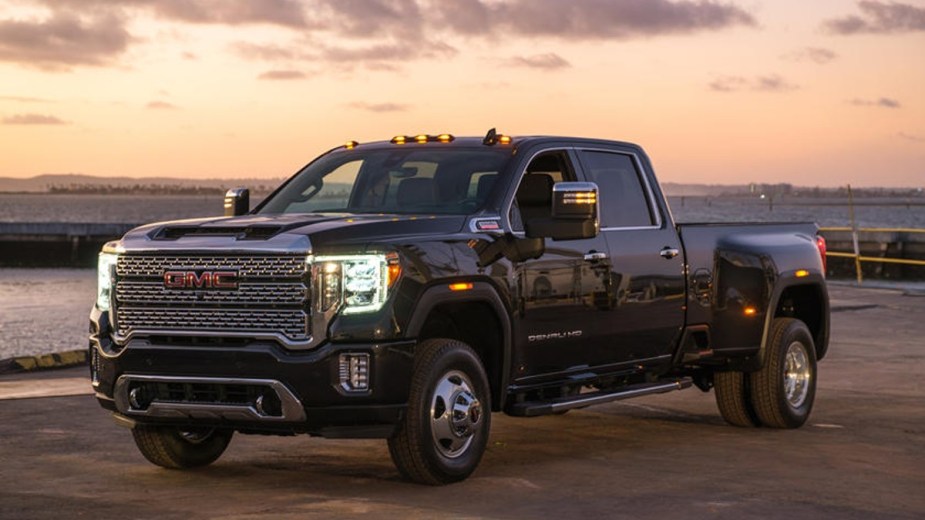
The addition of hybrid and electric pickups is changing this factor, but you still have to sacrifice capability for fuel economy in a pickup truck. Heavy-duty trucks like the GMC Sierra 3500 HD aren’t rated for fuel mileage because they are so big.
Pro: Exterior bed
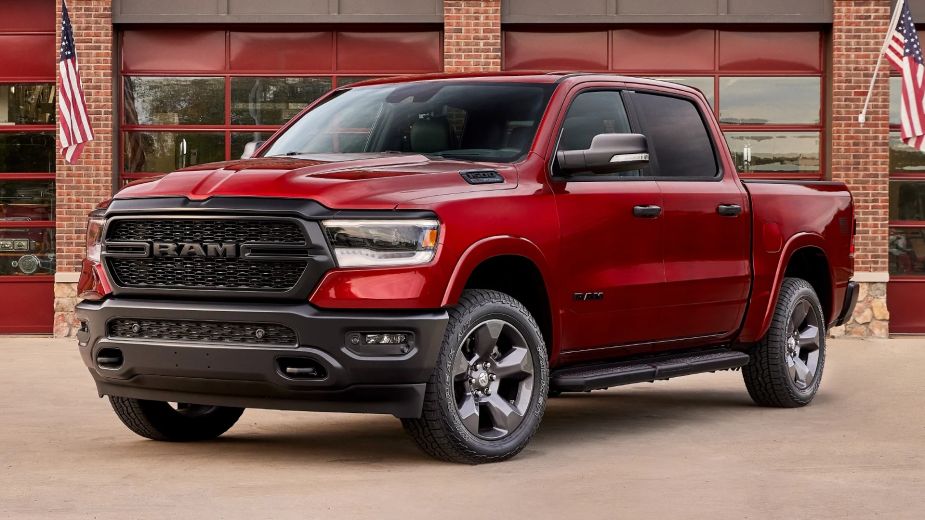
You’re not limited in height when you need to carry large items in a pickup truck. It’s relatively easy to fit a full-size refrigerator in the bed of a truck. Try doing that with an SUV. You can’t carry as many ladders in a Dodge Durango as you can a Ram 1500.
Con: Less seating capacity
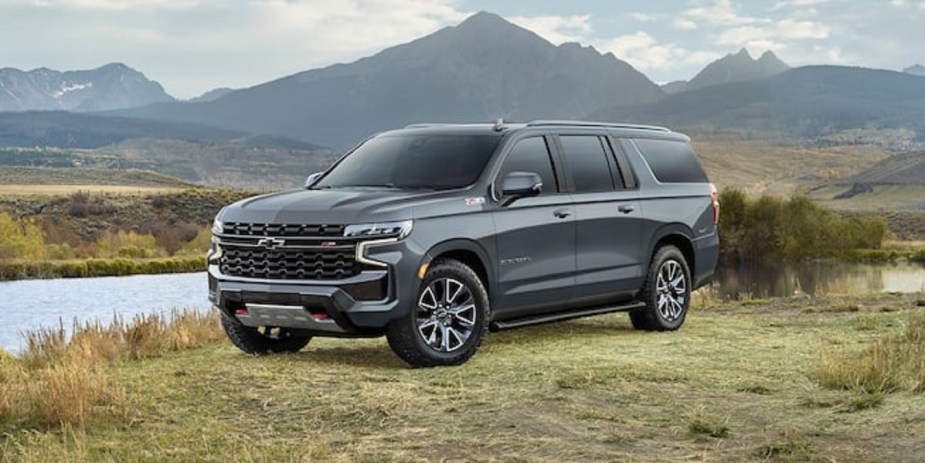
Trucks aren’t made to have three rows of seats, but SUVs are. Some trucks offer room for six people with three across the front, but others are limited to five seats with a console in the front-center seat. No truck has as many seats as a Chevrolet Suburban.
What are some pros and cons of owning an SUV?
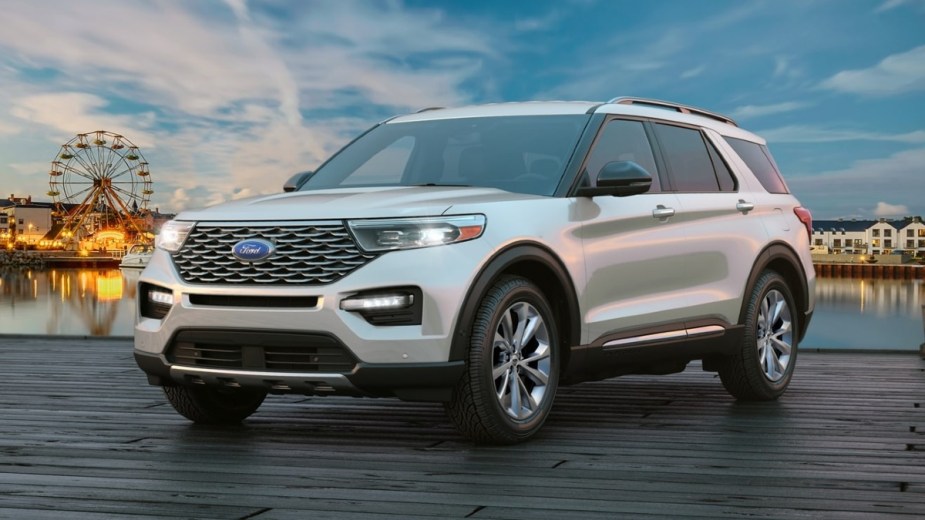
Pro: Increased seating capacity
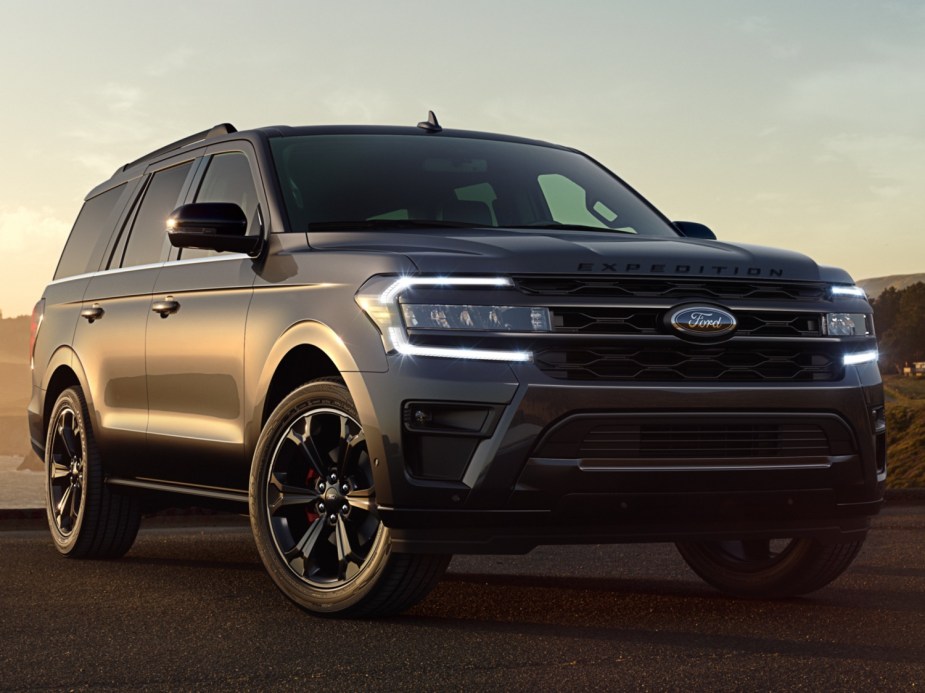
Some midsize and full-size SUVs have three rows of seats to accommodate seven or eight passengers. This is something that you won’t find with pickup trucks. Compare seating in the Ford Expedition with the Ford F-150 and you see a big difference.
Con: Cost

The full-size and luxury SUVs can hit price points you won’t find in most pickup trucks. While that’s typically true, some truck trim levels hit luxury notes and cost a lot more than some SUVs. The Mercedes-Benz G-Class reaches price levels you won’t find in the Toyota Tundra.
Pro: Better fuel mileage
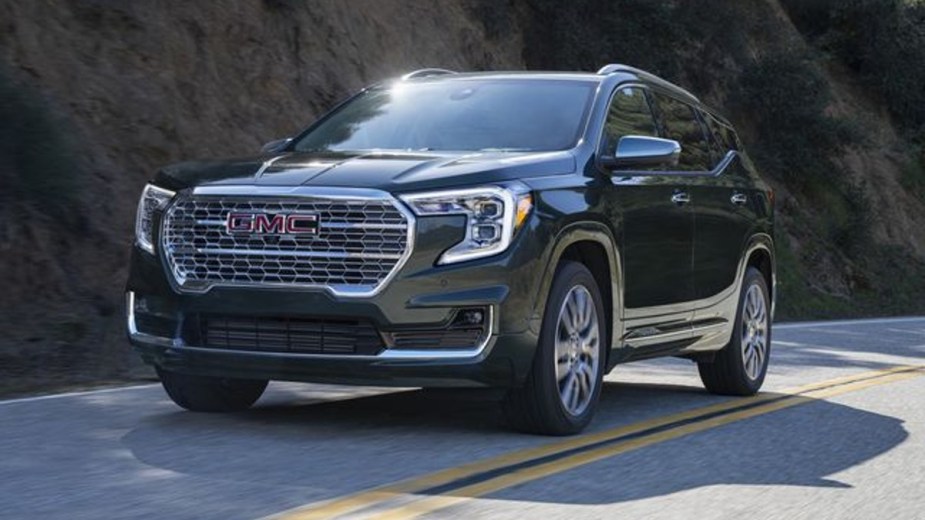
Most SUVs offer better fuel economy ratings than pickup trucks. This is certainly true of unibody pickups that ride on platforms made for sedans. If you have a long commute to work, you’ll be glad to have an SUV to drive. Compare the GMC Terrain fuel mileage with the GMC Sierra 1500 and you see a big difference.
Con: Increased insurance cost
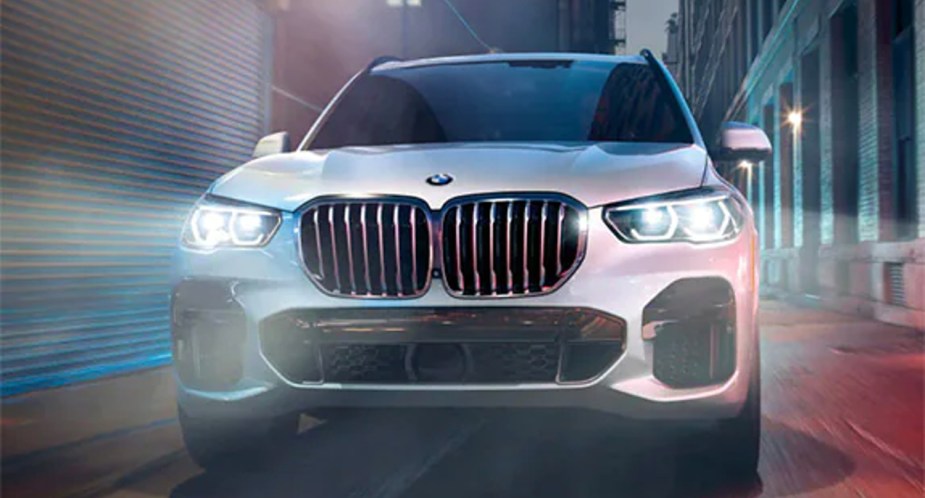
SUVs are considered high-risk vehicles and are more costly to insure than other vehicles. Much of this cost is associated with luxury SUVs, but if we’re lumping them all together, SUVs typically cost more to insure than pickup trucks. For example, insuring the BMW X5 is more costly than a Toyota Tacoma.
Should you drive a pickup truck or an SUV?
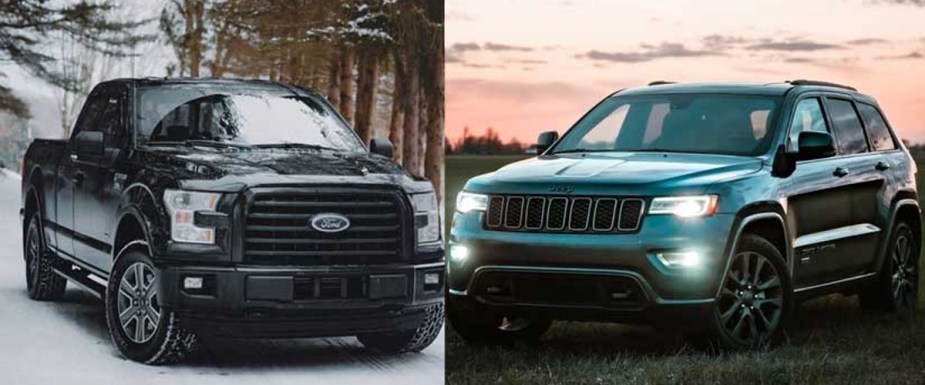
Taking these pros and cons into consideration to figure out which type of vehicle you should drive, here’s what we find:
Drive a pickup truck if:
- It’s required for your job
- You tow a heavy trailer regularly
- A bed is required to carry large items often
- Your family size is five or fewer
Drive an SUV if:
- You have a long commute to work
- Your family size is more than five
- Towing isn’t important to you
- A smoother and more comfortable ride is important
The choice of which vehicle to drive is entirely yours, but your lifestyle and needs should dictate whether you choose to drive a pickup truck or an SUV. Which vehicle type is right for you?
Next, check out some things you should know before you buy a used pickup truck, or watch the comparison of pickups and SUVs in the video below:



